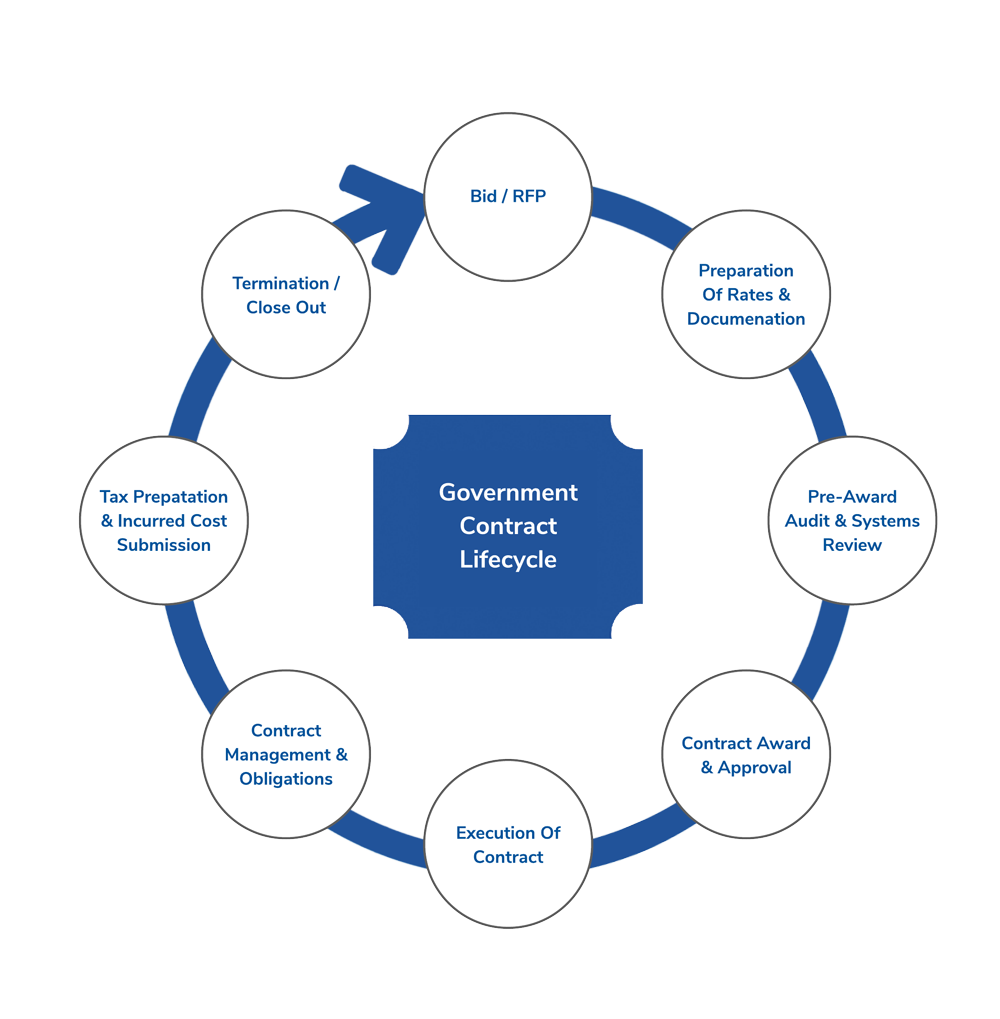Introduction:

Image: www.diener.org
In the realm of business, securing government contracts holds immense promise. For entrepreneurs and established companies alike, the government represents a vast and lucrative market, offering opportunities for growth, financial stability, and innovation. However, navigating the labyrinthine process of becoming a government contractor can be daunting. This comprehensive guide will empower you with the knowledge and insights necessary to unlock the doors to success in this highly competitive arena.
What is a Government Contractor?
Government contractors are businesses that provide goods, services, or construction projects to federal, state, or local government agencies. These contracts cover a wide spectrum of industries, from IT solutions to healthcare, defense systems to infrastructure development.
The Value of Government Contracts:
Winning government contracts offers numerous benefits, including:
- Increased revenue and profits: Government contracts can significantly boost your company’s financial performance.
- Market expansion: Entering the government marketplace opens doors to a vast pool of new customers.
- Enhanced reputation: Fulfilling government contracts enhances your company’s credibility and sets it apart from the competition.
- Innovation and growth: Government contracts often require cutting-edge solutions, fostering innovation and driving advancements within your organization.
Becoming a Government Contractor:
The path to becoming a government contractor involves several key steps:
- Meet eligibility requirements: Government agencies have specific requirements for businesses seeking contracts, such as being registered with the System for Award Management (SAM) and having a proven track record.
- Identify and qualify for contracts: Regularly monitor government procurement websites for open solicitations and determine if your company meets the required qualifications.
- Prepare a compelling proposal: When submitting a proposal, it’s crucial to thoroughly understand the requirements, demonstrate your capabilities, and highlight your competitive advantages.
- Survive the bid evaluation process: Government agencies evaluate proposals based on a set of criteria; ensure your proposal aligns with these criteria and clearly demonstrates value.
- Negotiate and execute the contract: Once your proposal is selected, you will need to negotiate the terms of the contract and ensure compliance with all applicable regulations.
Expert Insights:
- “Government contracting is a long-term endeavor. Be prepared for a multi-phase process that may take several months or even years.” – John Jones, former government contract manager.
- “The key to success is building and maintaining strong relationships with government agencies.” – Mary Smith, CEO of a successful government contractor.
- “Don’t underestimate the importance of networking and attending industry events to expand your connections.” – Michael Brown, government contracting consultant.
Actionable Tips:
- Establish a dedicated team with expertise in government contracting.
- Continuously update your SAM registration and track all solicitation opportunities.
- Seek support from experienced government contracting consultants or mentors.
- Develop a strong understanding of government contracting regulations and compliance.
- Build a comprehensive portfolio showcasing your past performance and capabilities.
Conclusion:
Becoming a government contractor is a challenging but rewarding endeavor. By understanding the eligibility requirements, identifying and qualifying for contracts, preparing compelling proposals, and leveraging expert insights, you can increase your chances of success in this highly competitive market. Remember, patience, persistence, and a commitment to delivering exceptional value are essential for sustained success as a government contractor. Embark on this journey with confidence and reap the many benefits it offers for your business’s growth and prosperity.

Image: thecollection527.com
How To Become A Govt Contractor